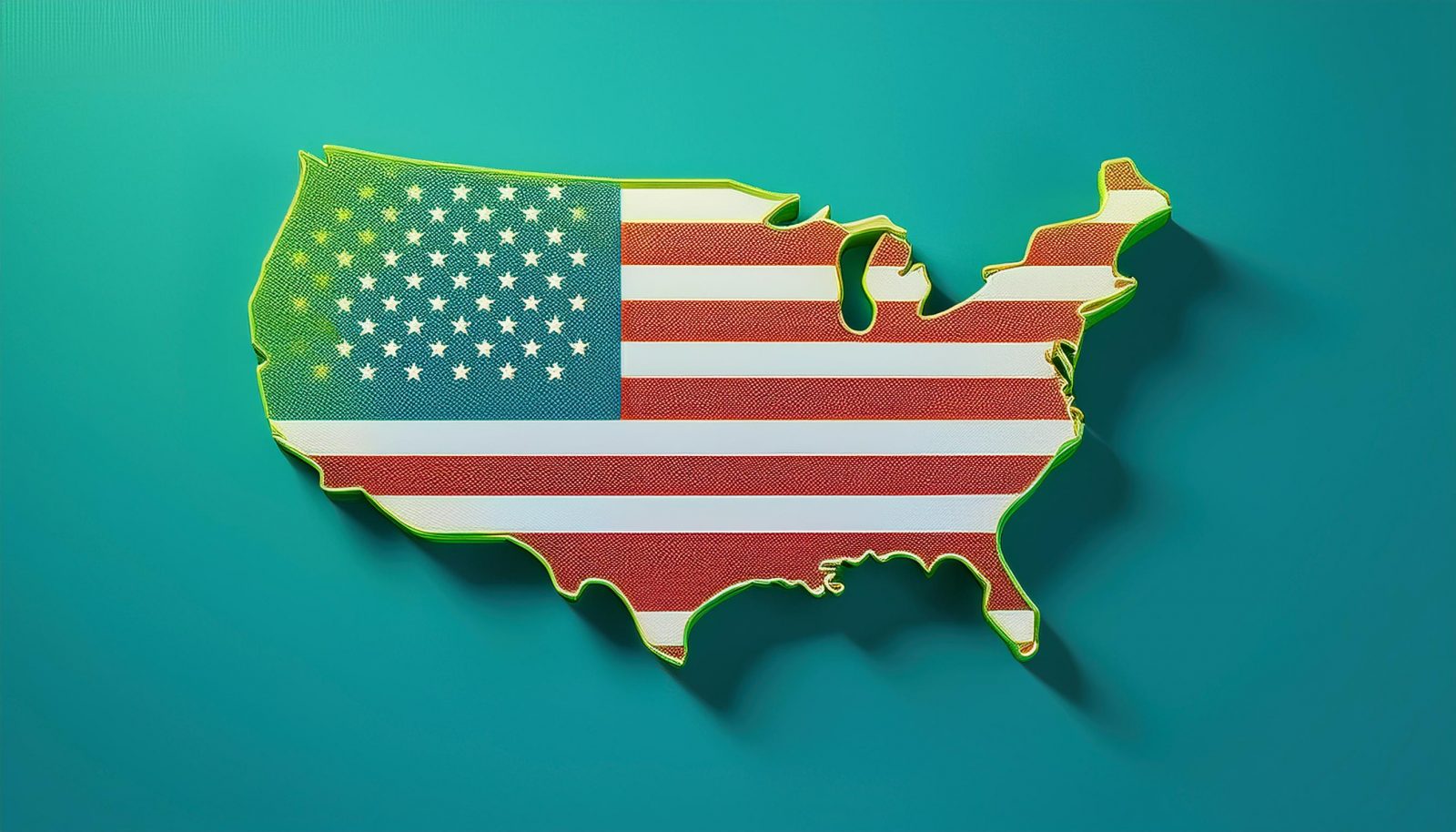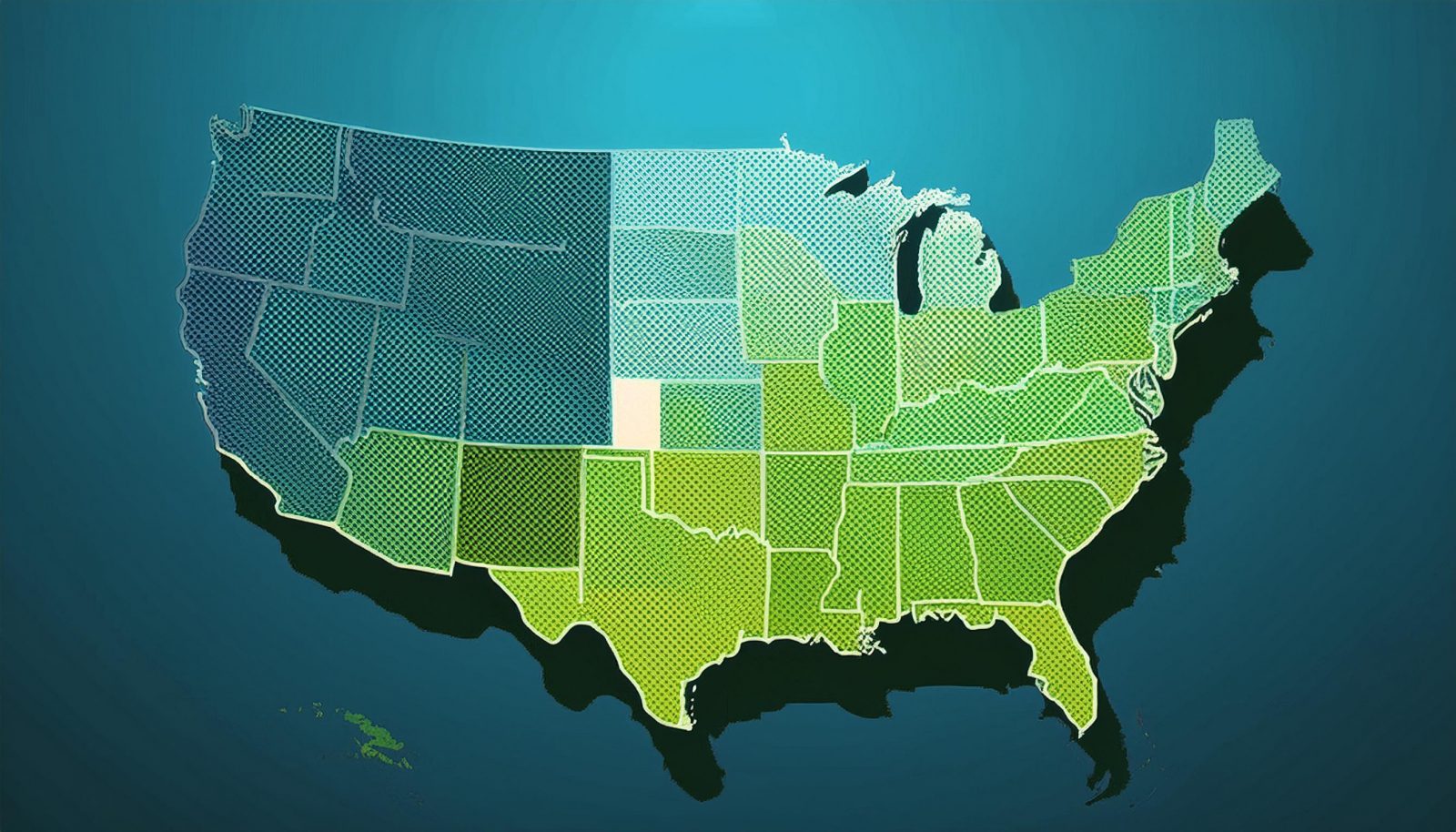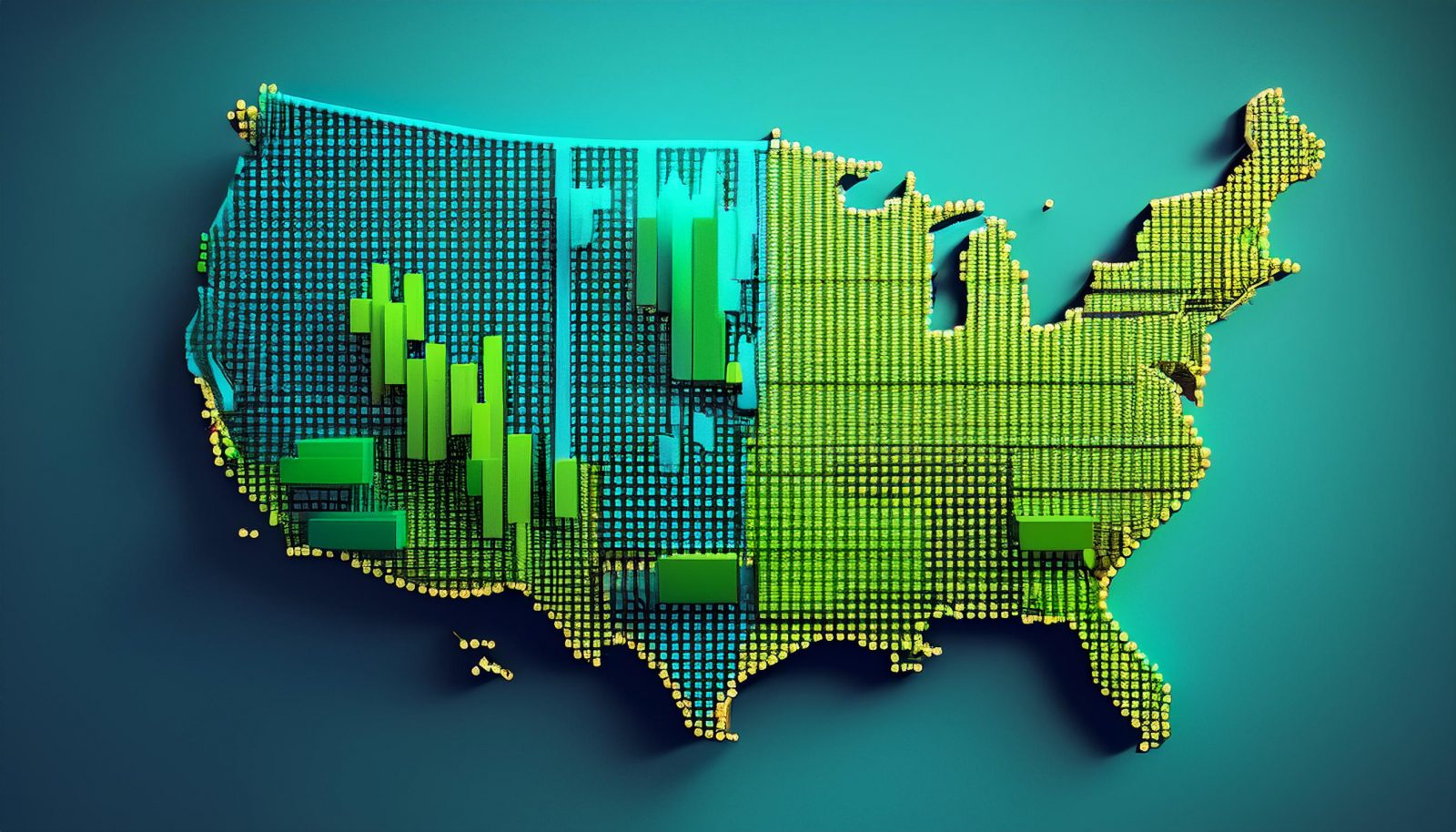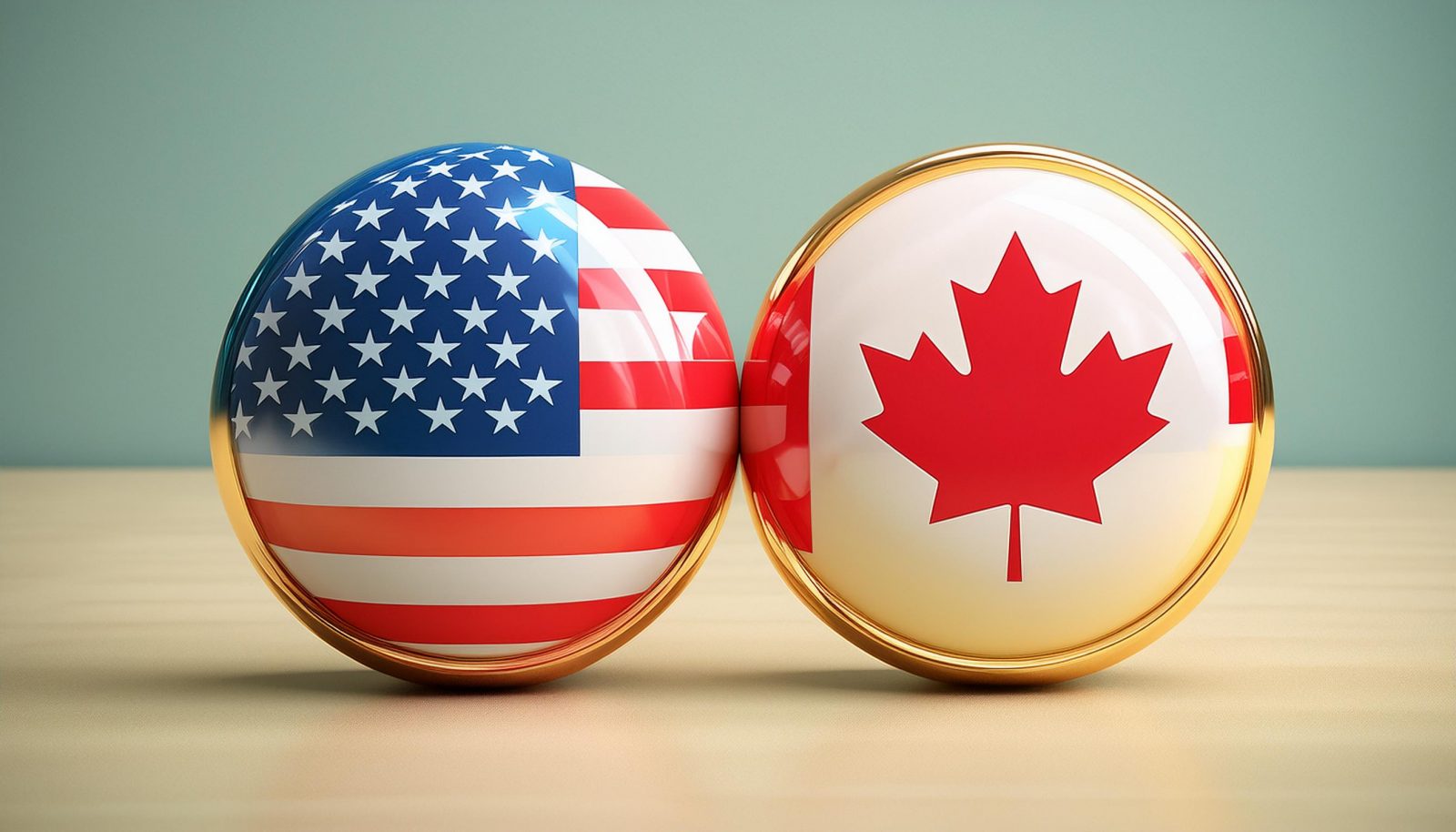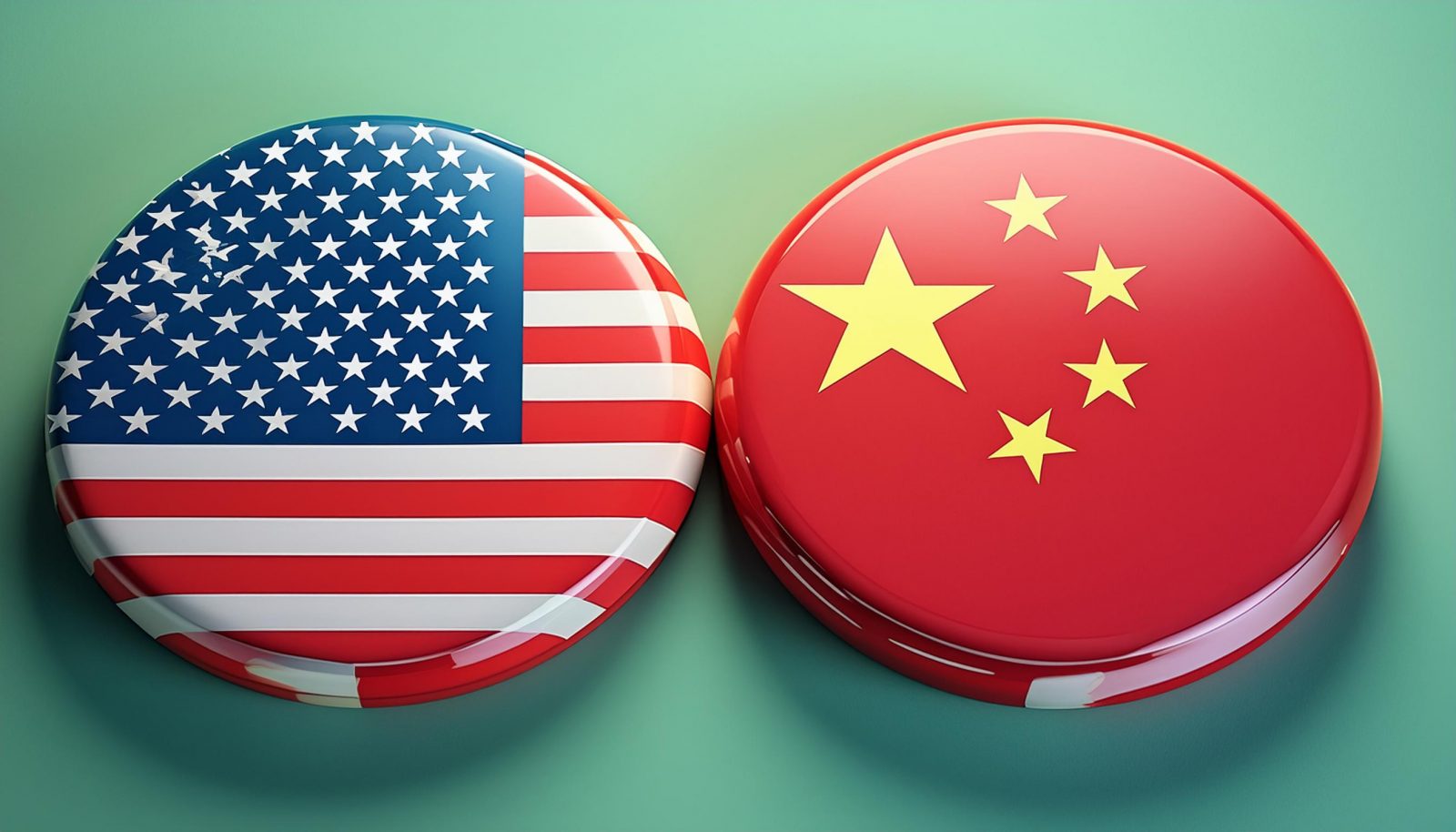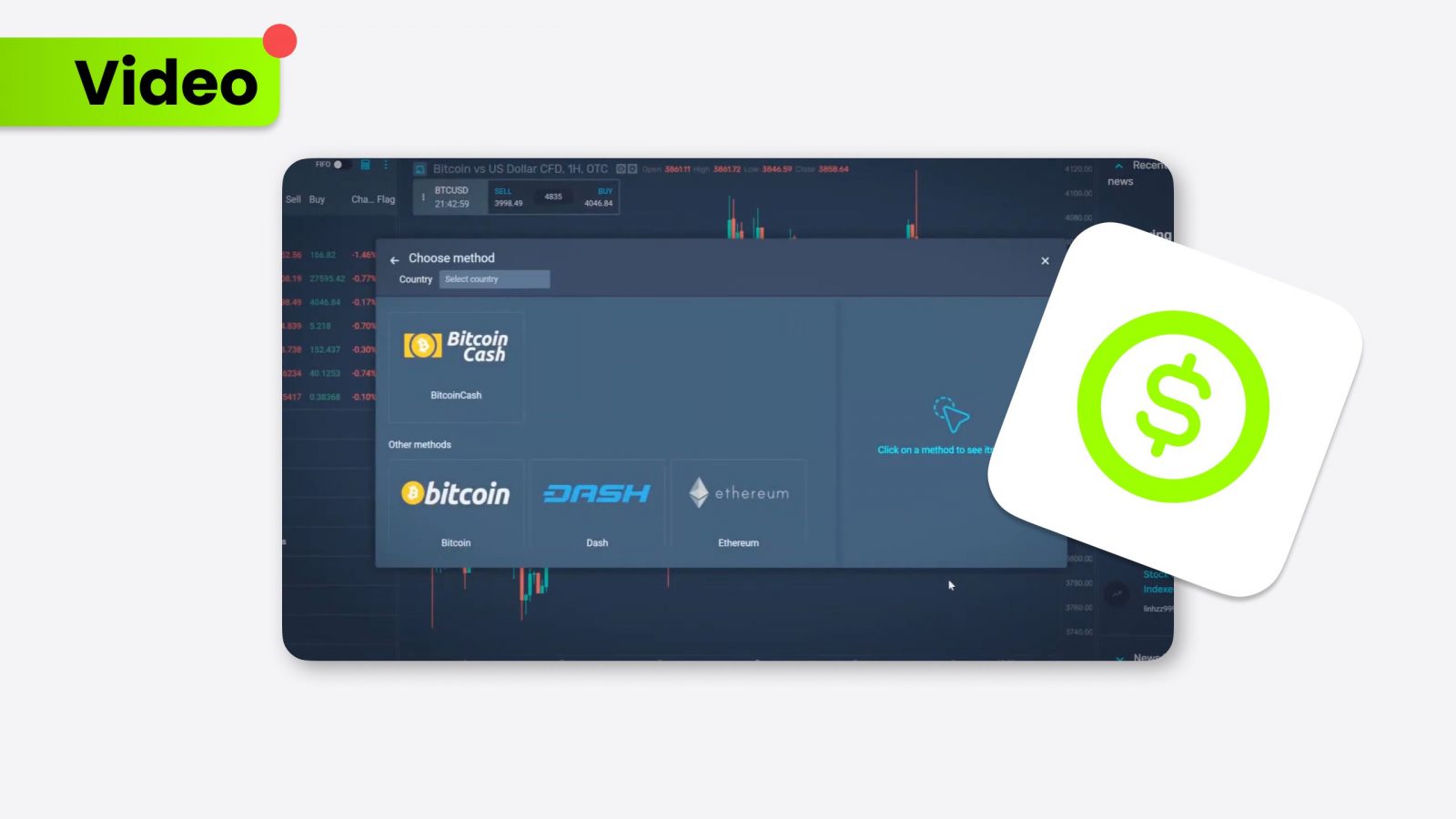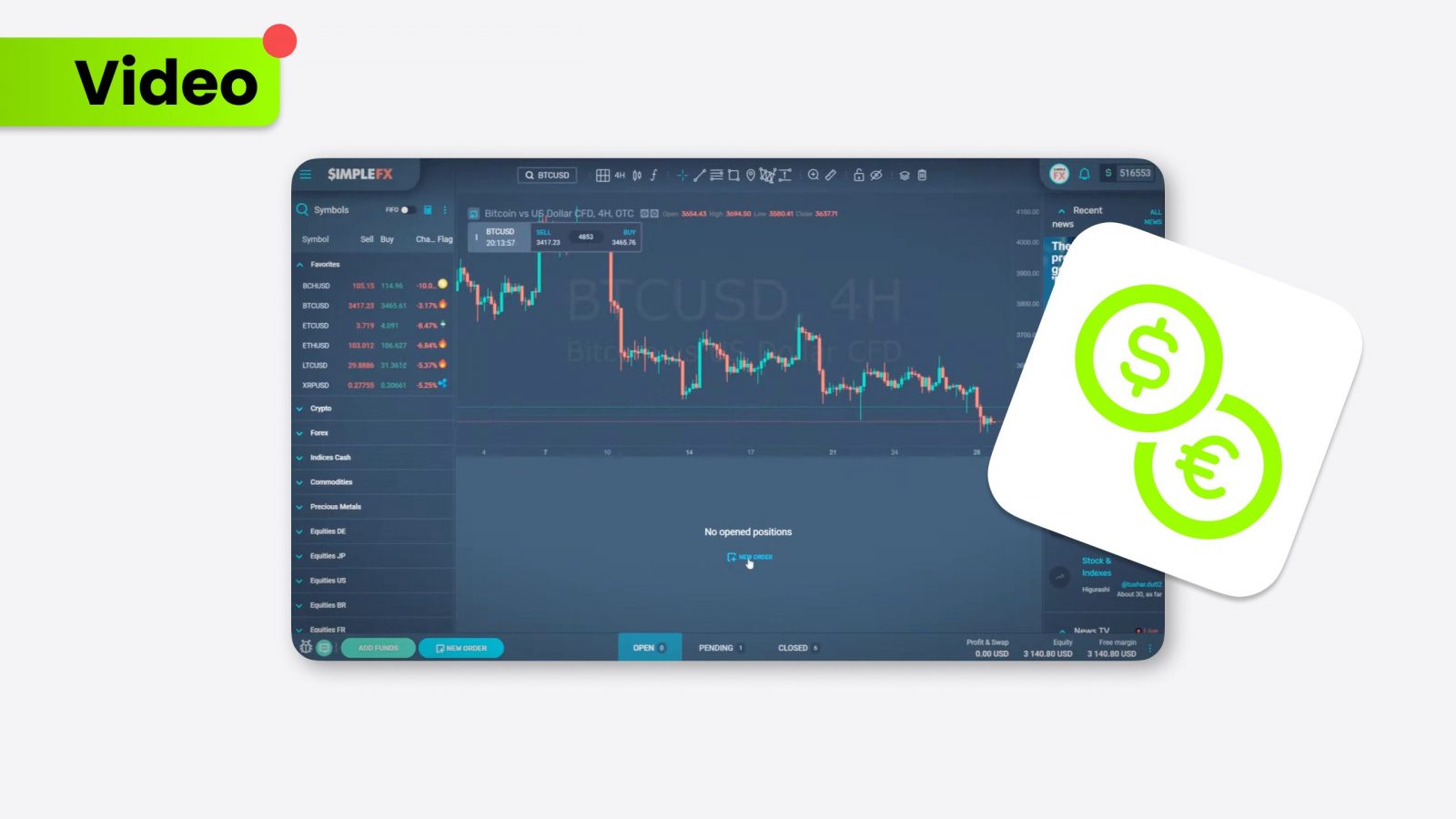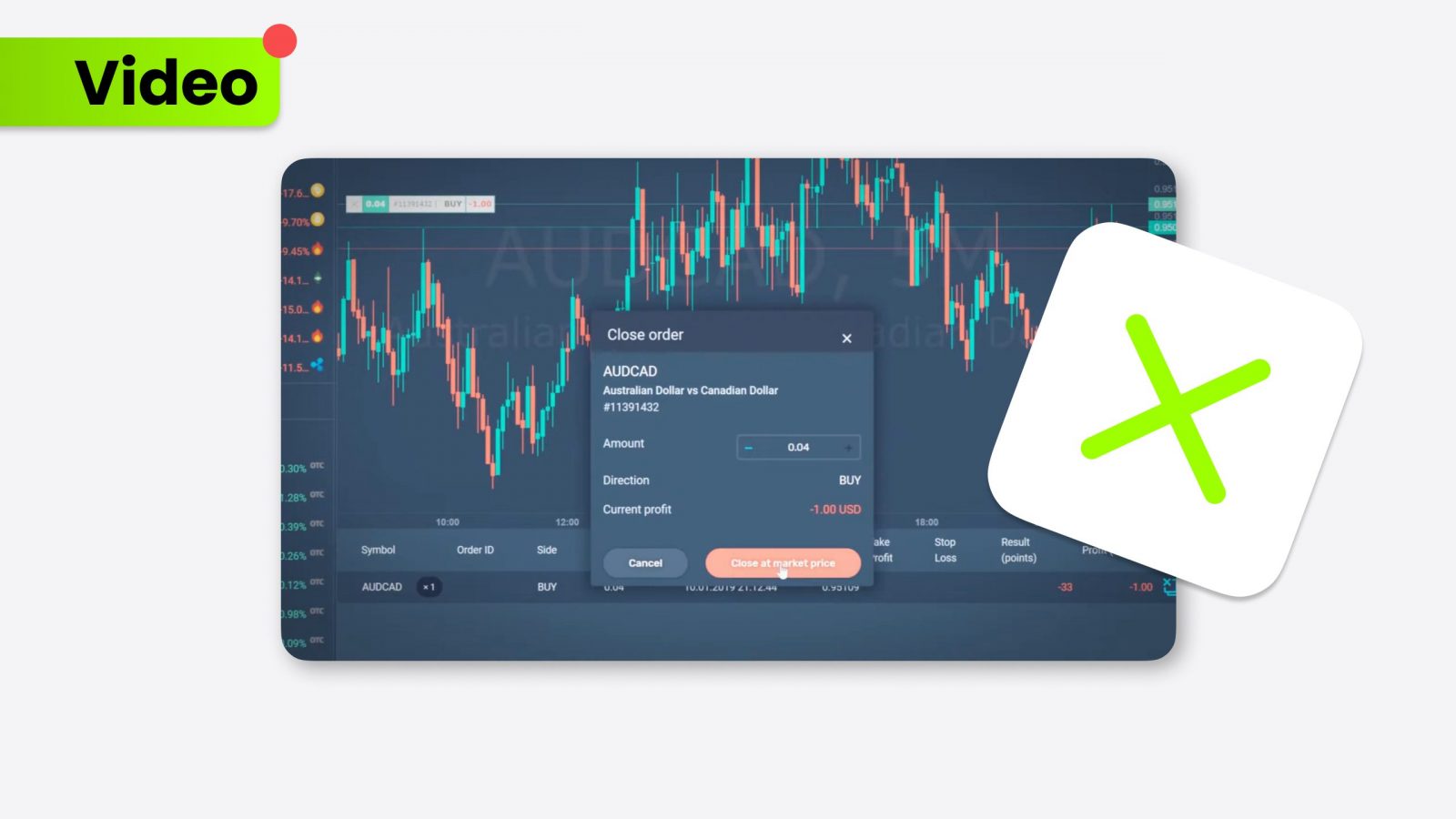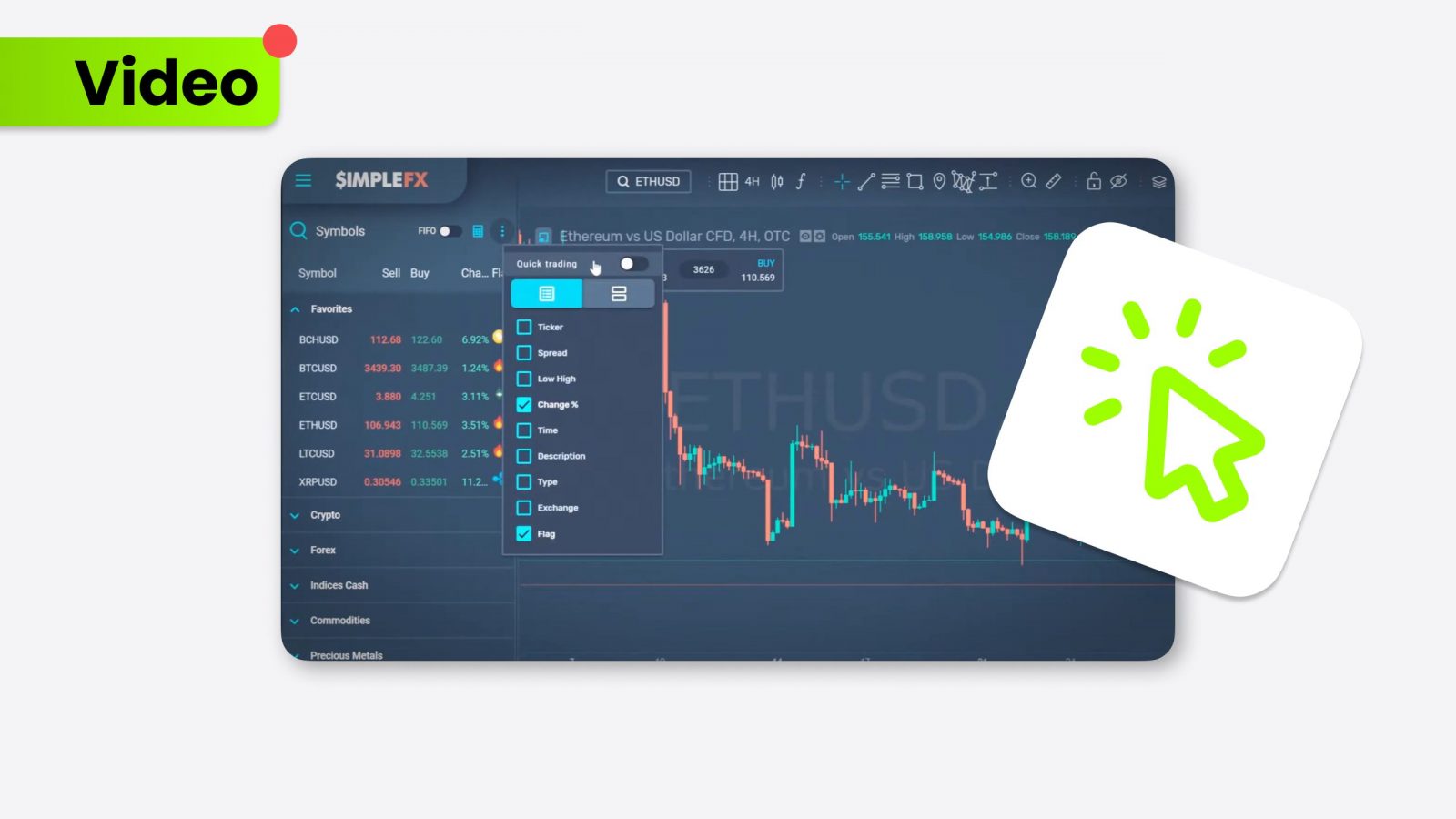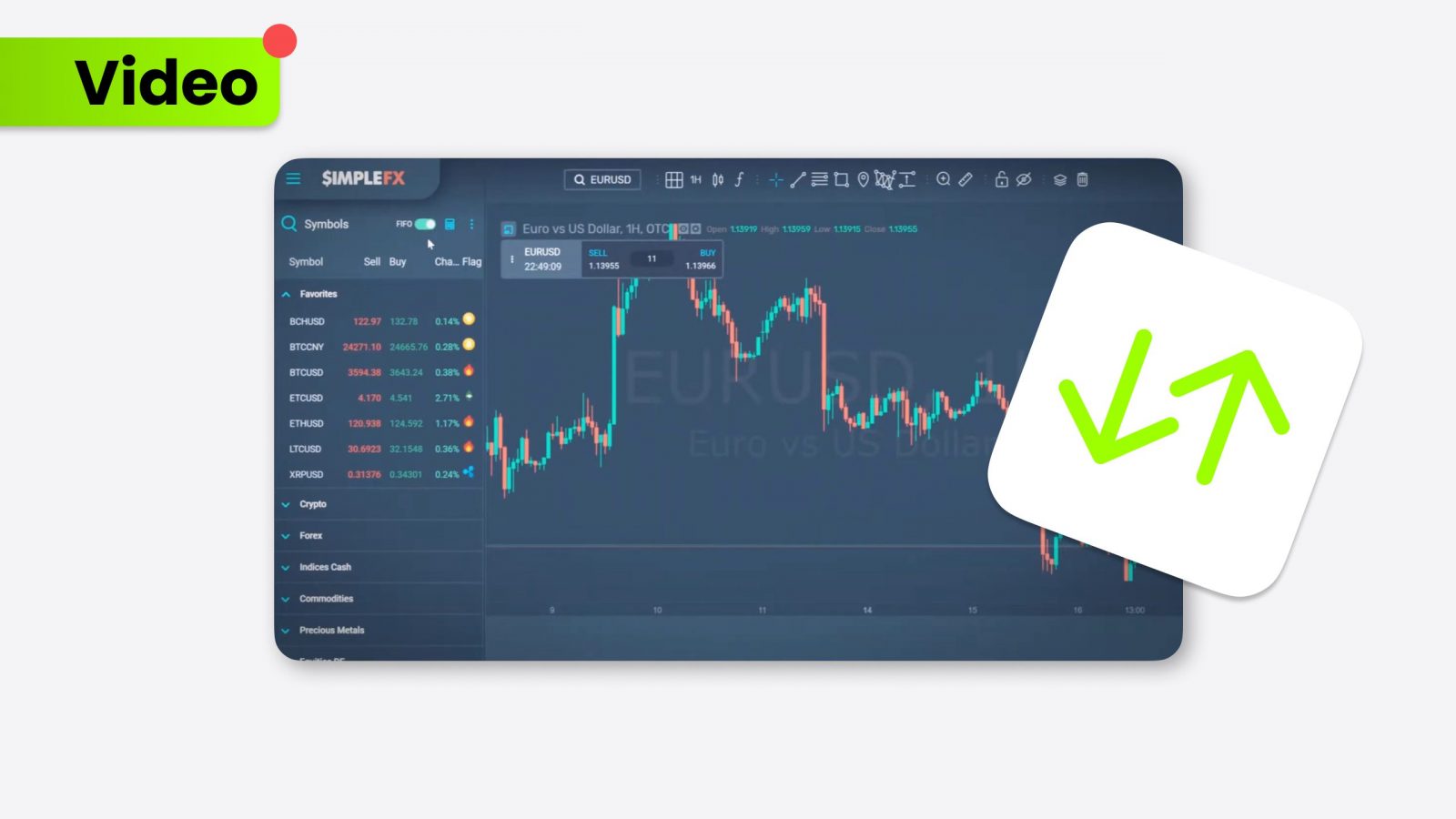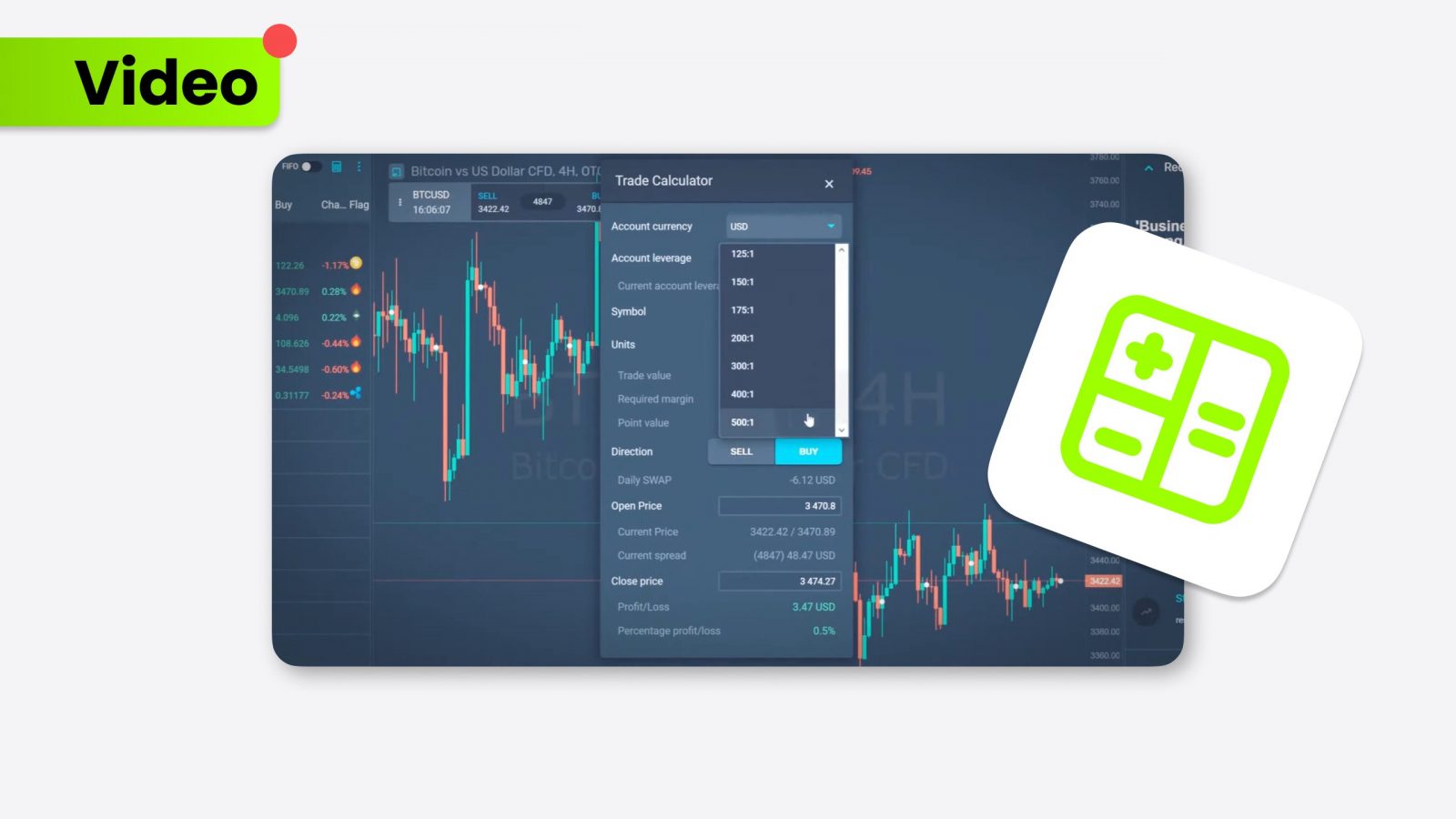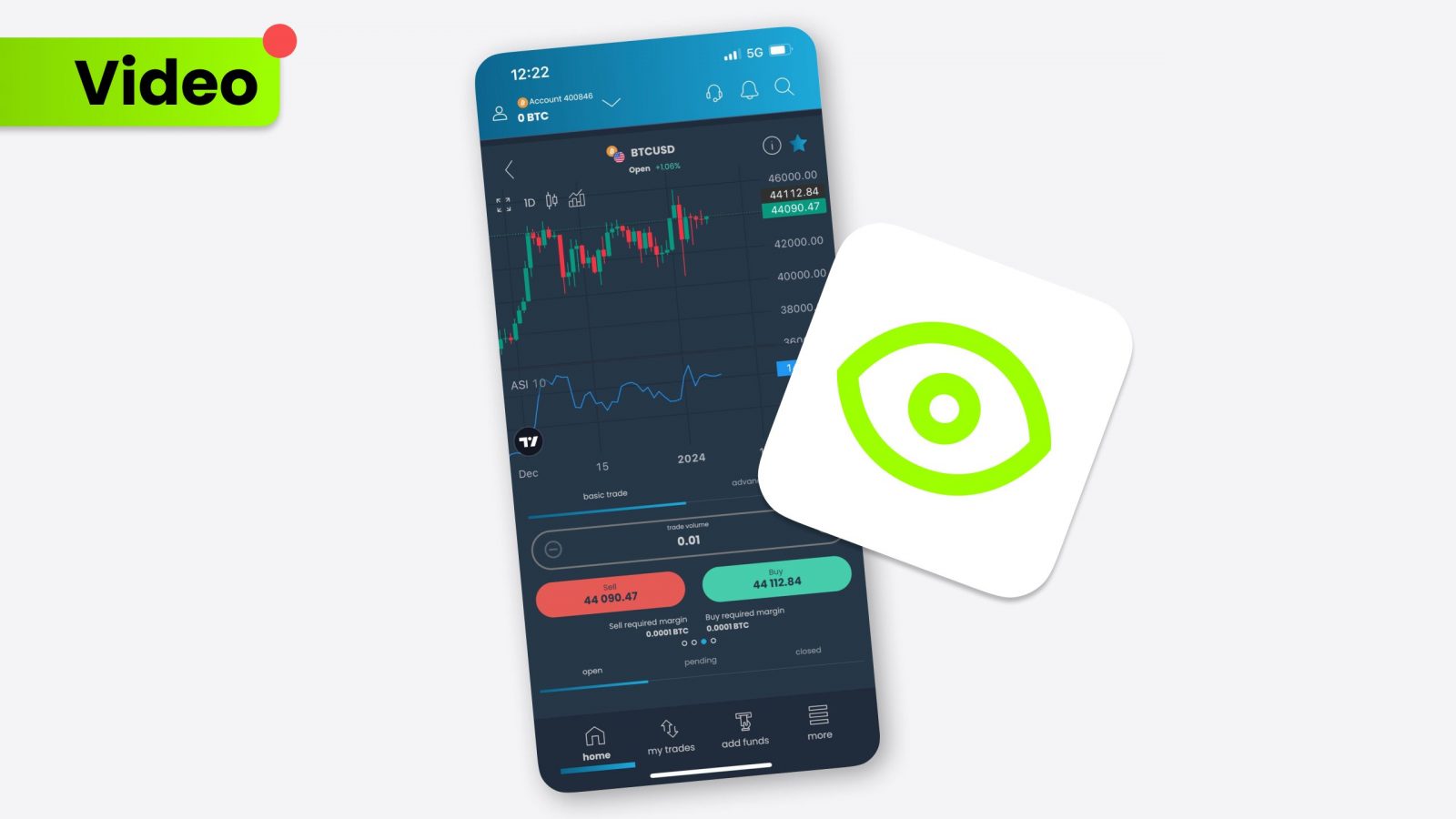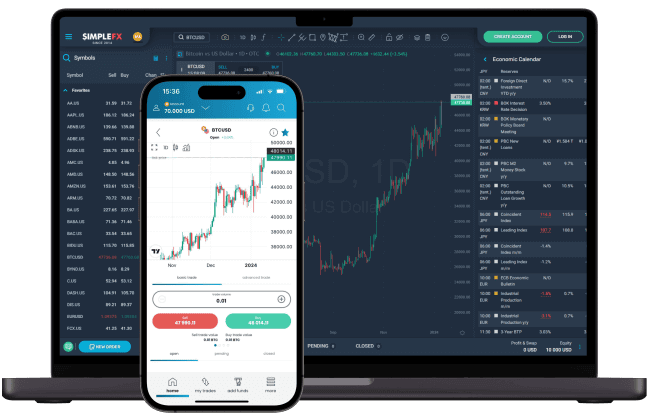The U.S. elections have long been a critical moment in shaping the nation’s political landscape and its economic and global standing. The outcomes of these elections impact global markets, influence trade agreements, and dictate the country’s domestic economic policies. By understanding the historical trends of U.S. elections and their economic consequences, stakeholders can better navigate the ripple effects on global markets.
U.S. presidential elections: Key issues
The U.S. presidential elections focus on a wide array of issues, many of which significantly impact both domestic and international markets. Economic policies, trade deals, taxation, and healthcare reforms are commonly debated. Presidential candidates’ choices in these areas can influence the stock market, forex reaction, and more. For example, significant shifts in monetary policy by the FED during election periods can lead to fluctuations in the U.S. Dollar.
Impact on various markets
Elections often lead to heightened volatility in markets like equities and indices, with American stocks (e.g., S&P500, NASDAQ) reacting to potential regulatory and fiscal policies. Forex reaction is also common, especially in relation to the CHF, GBP, and Euro exchange rates, as markets gauge how a new administration will handle the U.S. economy. Furthermore, elections can influence crypto outcomes, as new regulations or policies can affect the outlook for cryptocurrencies and blockchain technologies.
What are swing states in the U.S. Elections?
Swing states, often called battleground states, are crucial in U.S. elections because they do not consistently vote for one political party. These states can “swing” either towards the Democratic or Republican party, making them decisive in determining the outcome of presidential elections. In recent U.S. elections, key swing states have included places like Florida, Pennsylvania, and Ohio, where voter turnout and persuasion efforts can tilt the electoral vote in favor of a candidate.
Swing states receive substantial attention during campaigns, with candidates focusing their resources on rallies, advertisements, and policies that appeal to the unique demographics in these areas. These states become the focal point for candidates who must secure the necessary electoral votes to win the presidency.
Who can vote in the U.S. election?
U.S. citizens aged 18 and over can participate in the election if registered to vote. Voter turnout is particularly crucial in swing states, where every vote holds more weight in determining the final result. The history of U.S. elections shows that voter engagement in these critical states often decides the ultimate winner.
Vital economic indicators
Economic indicators such as the NFP (Non-Farm Payroll) report, CPI (Consumer Price Index), and decisions made by the FOMC (Federal Open Market Committee) play a crucial role in shaping market sentiment during election years.
These indicators help assess the overall health of the U.S. economy, providing data on employment rates, inflation levels, and monetary policy changes. Election candidates often base their campaigns on how well they can address these economic factors, as they significantly influence voter behavior and confidence in future leadership.
The elections’ impact on the American market is also evident through market reactions to these indicators. For instance, the U.S. stock market, forex, and even crypto markets can experience fluctuations based on perceptions of how future policies might affect economic stability. Historical trends suggest that markets are susceptible to FED actions, including changes in interest rates, especially when combined with the uncertainty surrounding an election.
FED and U.S. elections
Given its control over monetary policy, the Federal Reserve plays a critical role during U.S. elections, which influences key economic factors such as inflation, employment, and U.S. performance. Any adjustments in interest rates by the FED, particularly leading up to or following an election, can significantly affect market confidence, global currencies’ strength, and American equities.
When examining the comparative analysis of different elections, it is clear that the FED’s monetary decisions are often made cautiously during election periods to avoid political influence and market instability. The interaction between the FED’s policies and electoral outcomes underscores the complex relationship between government actions and economic health.
Influence of major endorsements
Endorsements from prominent figures, organizations, and even global leaders can sway the U.S. presidential election results. These endorsements, particularly from influential business leaders, have the potential to affect stock market performance, especially within specific sectors such as technology, energy, and healthcare.
American equities engaged in the U.S. presidential elections
Major American companies like Apple, Tesla, Microsoft, and Amazon often take center stage during elections as their performances are tied to U.S. economic policies. Any potential corporate taxation or regulatory framework changes could significantly impact these companies’ stock prices, influencing the broader American indices, such as the S&P 500, NASDAQ, and Dow Jones.
When is the next U.S. presidential election?
The U.S. presidential election is set for Tuesday, November 5, 2024, and will significantly shape U.S. policies and global economic trends. As this pivotal date approaches, analysts are already evaluating the potential effects on various markets, including crypto, forex, and equities, with particular attention to the Euro to Dollar exchange rate. Additionally, experts are anticipating the 2028 U.S. presidential election, which will take place on Tuesday, November 7, 2028. Historically, these election cycles introduce heightened market volatility, impacting indices and creating ripple effects across sectors such as forex reaction and crypto outcomes.
By understanding the relationship between U.S. elections, economic indicators, and market movements, investors can better anticipate changes in global markets, particularly concerning the U.S. Dollar, American indices, and overall economic policy.

